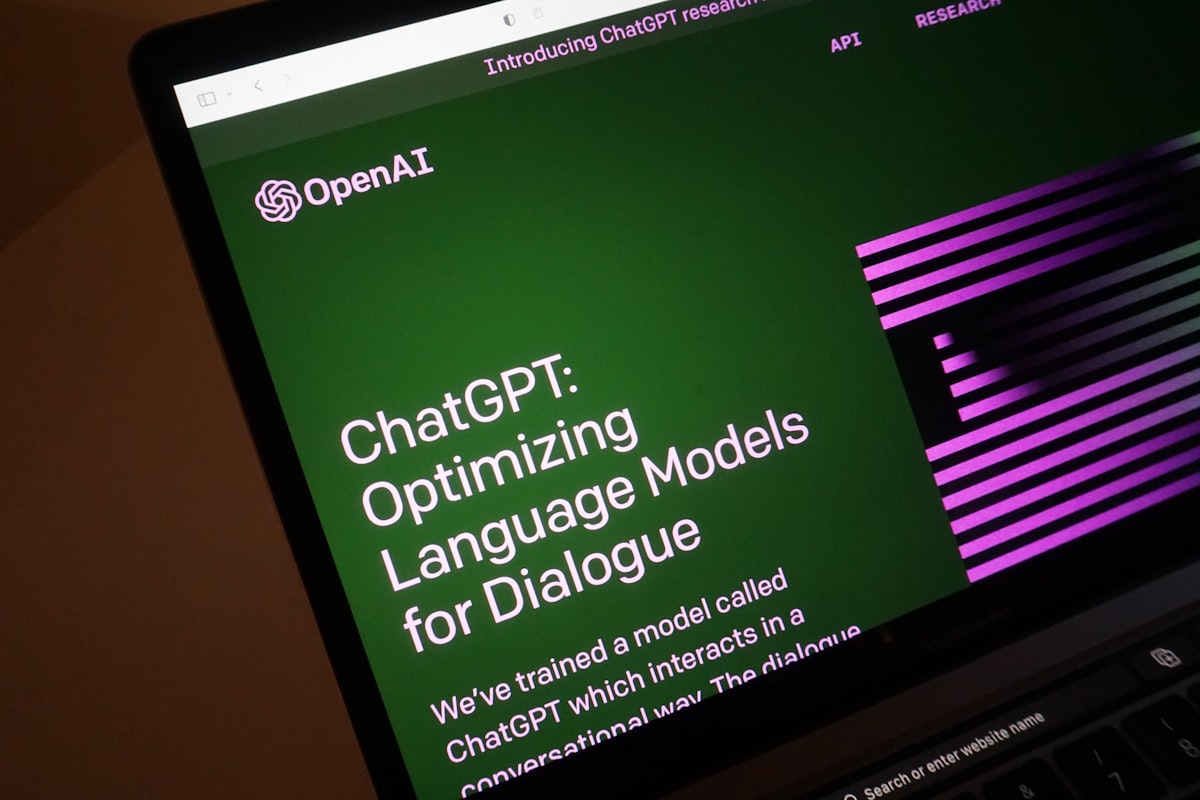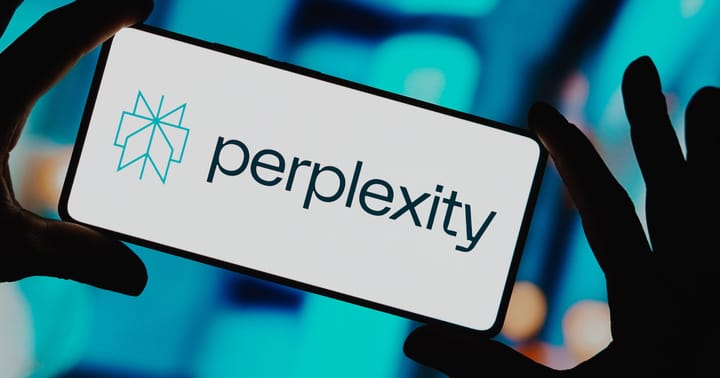OpenAI Explores Integrating ChatGPT into Classrooms
The envisioned team at OpenAI aims to build on the groundwork of integrating AI technology into education, fostering discussions with educators to explore the capabilities of ChatGPT.

OpenAI, renowned for its generative AI models, is embarking on a quest to bring its acclaimed ChatGPT chatbot into educational settings, according to a statement from its Chief Operating Officer, Brad Lightcap.
During the recent INSEAD Americas Conference, Lightcap unveiled OpenAI’s plans to assemble a dedicated team focused on exploring ChatGPT's educational applications. "Most teachers are contemplating ways to incorporate ChatGPT into their curriculum and teaching methods," Lightcap expressed. "OpenAI aims to collaborate and guide educators through this journey, and in the coming year, we plan to form a team dedicated to this purpose." according to a report by Reuters.
This revelation, previously undisclosed, came to light at the INSEAD global business school conference.
Backed by significant investment from Microsoft, OpenAI initially disrupted industries with its release of ChatGPT last November, sparking a surge in the use of generative AI applications. This technology, trained on vast datasets, creates human-like content, aiding users in diverse tasks, from academic assignments to creative writing. However, its sudden emergence during the school year led to concerns about cheating and plagiarism, prompting swift legislative actions and school restrictions.
"Teachers initially viewed it as a significant concern," Lightcap acknowledged.
Nevertheless, within a short span, educators began recognizing the potential benefits of ChatGPT, indicating a shift in perception, he noted.
The envisioned team at OpenAI aims to build on the groundwork of integrating AI technology into education, fostering discussions with educators to explore the capabilities of ChatGPT. An OpenAI spokesperson emphasized the company's proactive engagement with educators to elucidate both the merits and potential misuses of AI technology in classrooms.
OpenAI has already formed alliances with educational platforms like Khan Academy to develop AI-powered tutoring tools and partnered with Schmidt Futures to provide grants to underserved education communities.
The global education market, projected to reach $10 trillion by 2030, presents a substantial opportunity for AI integration, according to HolonIQ, a Sydney-based research firm.
Andrew Mayne, an AI consultant and former OpenAI employee, highlighted the diverse applications of ChatGPT in education. For students, it could serve as a personalized tutor catering to individual learning styles, while teachers might leverage it for creating customized curriculum content or as a creative classroom aid.
However, concerns about children's privacy in schools loom large with the potential adoption of chatbots. Varying online privacy laws for children in different countries, coupled with the absence of stringent age verification measures, pose significant challenges.
The move to introduce AI technology into classrooms, while promising, also raises critical considerations surrounding privacy and responsible usage.




